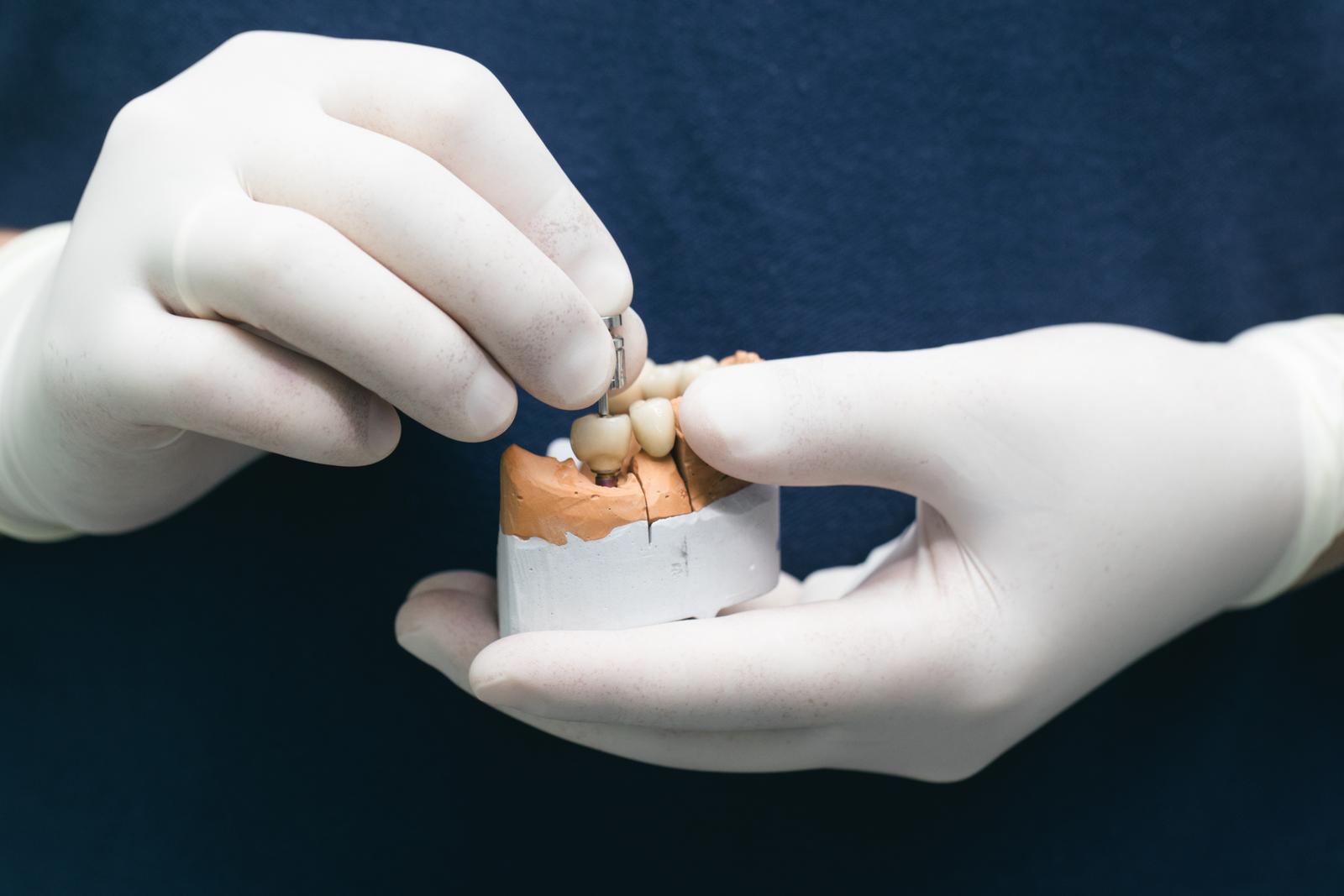Bad Teeth Genetics 101: Nature Vs. Nurture
Have you ever wondered why you seem to have more dental problems than others despite brushing and flossing regularly? It could be your genes. While good oral hygiene is essential, genetics play a significant role in determining your dental health. This St. George Dental Care blog aims to demystify the influence of bad teeth genetics…


